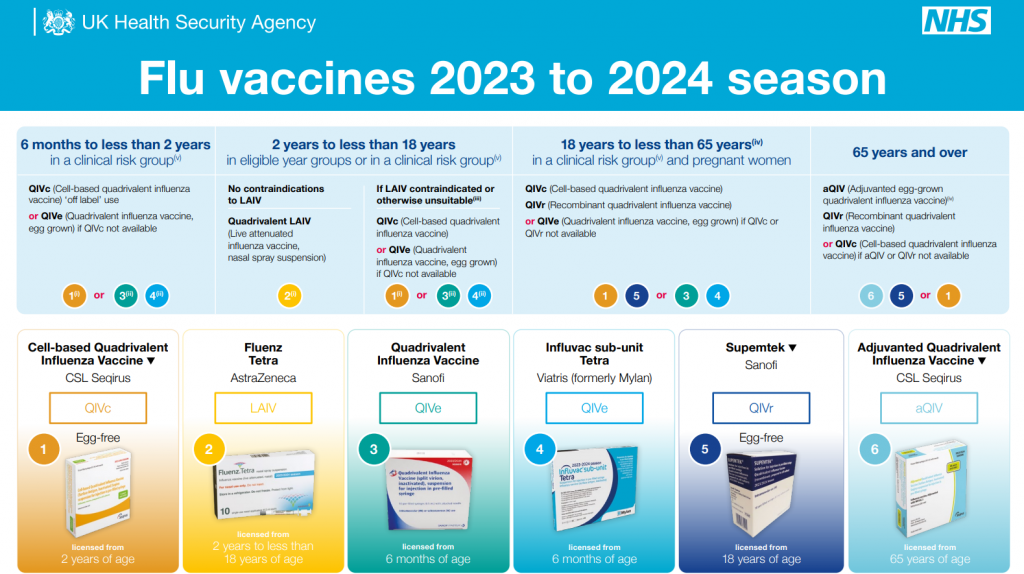Following the expression of confusion regarding the commencement of this season’s influenza vaccinations the British Medical Association (BMA) has provided the follow guidance:
According to section 3.1 of the Flu Enhanced Service, practices are advised to proceed with any already scheduled Flu clinics and to reach out to eligible patients to fill those clinic slots. This is in preparation for the upcoming delivery of influenza vaccines next month.
In addition, NHS England (NHSE) has issued a letter on August 10th, 2023, stating the following:
“Ordinarily, payment for vaccinations will only be made after the service commencement date. However, recognizing that certain commitments and appointments have already been made, if a patient wishes to receive the flu vaccination in September, NHS England will allow payment claims to be submitted.”
We recommend that practices maintain an audit trail within their systems that can serve as evidence, if necessary during post-payment verification, of vaccinations administered in September.
It would also be valuable to have proof of your commitment to running clinics in September, such as staff schedules, vaccine delivery and storage arrangements, room reservations.
It is important to note that the Influenza Item of Service (IOS) fee, as indicated in the Enhanced Service, is £10.06. However, the payment for administering the Covid-19 vaccine is £7.54.
The 23/24 Annual Flu letter confirms the cohorts for this season, which does not include the healthy 50 -64 yr.
The below groups will be eligible for a flu vaccine from 1 September 2023:
- those aged 65 years and over
- those aged 6 months to under 65 years in clinical risk groups (as defined by the Green Book, chapter 19 (Influenza))
- pregnant women
- all children aged 2 or 3 years on 31 August 2023
- primary school aged children (from Reception to Year 6)
- those in long-stay residential care homes
- carers in receipt of carer’s allowance, or those who are the main carer of an elderly or disabled person
- close contacts of immunocompromised individuals
- frontline workers in a social care setting without an employer led occupational health scheme including those working for a registered residential care or nursing home, registered domiciliary care providers, voluntary managed hospice providers and those that are employed by those who receive direct payments (personal budgets) or Personal Health budgets, such as Personal Assistants
Powered By EmbedPress
Powered By EmbedPress

